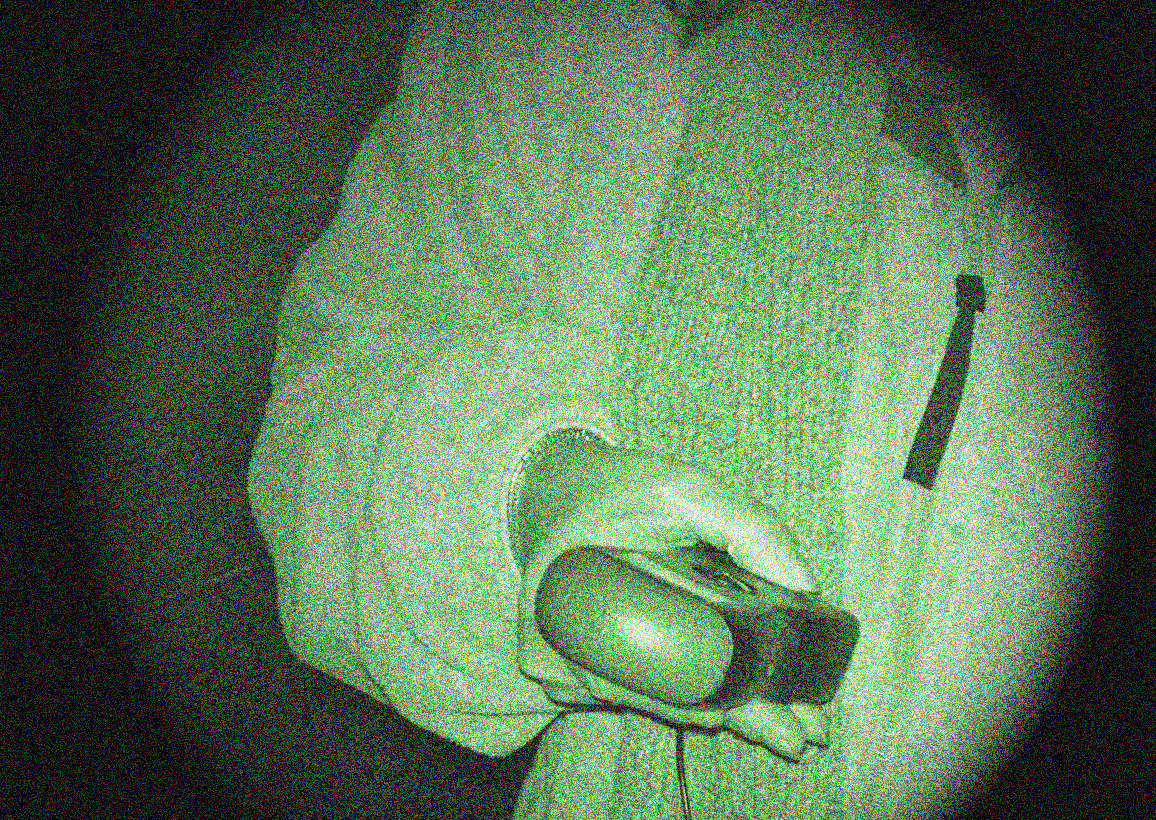
Ghost hunting
Ghost hunting is the process of investigating locations that are purportedly haunted by ghosts. The practice has been heavily criticized for its dismissal of the scientific method. No scientific study has ever been able to confirm the existence of ghosts.[1][2] Ghost hunting is considered a pseudoscience by the vast majority of educators, academics, science writers and skeptics.[3][4][5][6][7][8][9][10] Science historian Brian Regal described ghost hunting as "an unorganized exercise in futility".[3]
For other uses, see Ghosthunter (disambiguation).Typically, a ghost-hunting team will attempt to collect "evidence" supporting the existence of paranormal activity. Ghost hunters also refer to themselves as paranormal investigators.[11] Ghost hunters use a variety of electronic devices, including EMF meters, digital thermometers, both handheld and static digital video cameras, including thermographic and night vision cameras, night vision goggles, and digital audio recorders. Other more traditional techniques are also used, such as conducting interviews and researching the history of allegedly haunted sites.
Belief statistics[edit]
According to a survey conducted in October 2008 by the Associated Press and Ipsos, 34 percent of Americans say they believe in the existence of ghosts.[13] Moreover, a Gallup poll conducted on June 6–8, 2005, showed that about one-third (32%) of Americans believe that ghosts exist, with belief declining with age.[40][41] Having surveyed three countries (the United States, Canada, and the United Kingdom), the poll also mentioned that more people believe in haunted houses than any of the other paranormal items tested, with 37% of Americans, 28% of Canadians, and 40% of Britons believing.[41][42]
In 2002, the National Science Foundation identified haunted houses, ghosts, and communication with the dead among pseudoscientific beliefs.[4]
Tourism[edit]
Interest in ghost hunting has driven tourism to historical sites and locations claimed to be haunted. A study published in the Cornell Hospitality Quarterly in 2020 stated that "haunted tourism has allowed attractions like historic house museums as well as abandoned hospitals, schools and prisons 'to remain intact' or bring in the money needed to make necessary improvements".[69][70][71] According to architectural historian Jen Levstik, revenues from haunted tourism can help fund historic preservation, "so long as the tours are also providing historically accurate information related to the property [and] the humanity of the people at those properties, and not just the salacious things that can't be backed up beyond hearsay or rumor."[69]